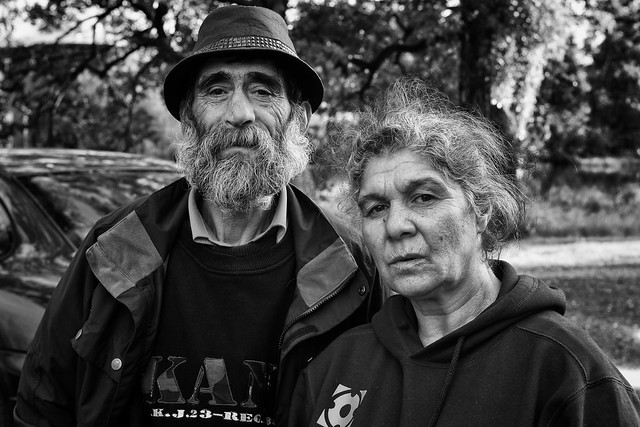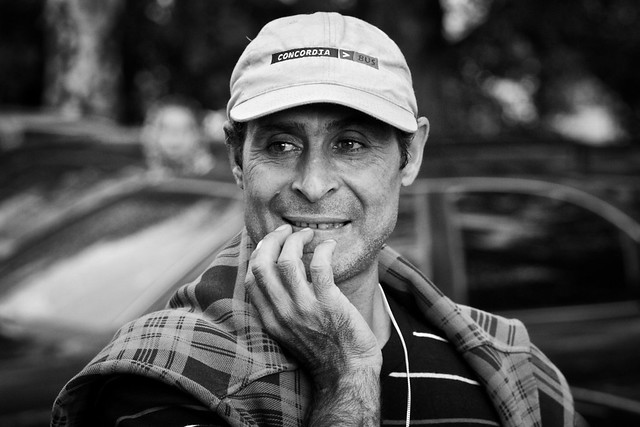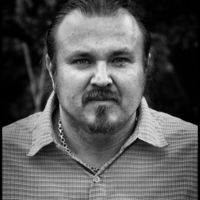"Måla med ljus"
Greetings from Pauleasca - Leica Oskar Barnack Award 2015
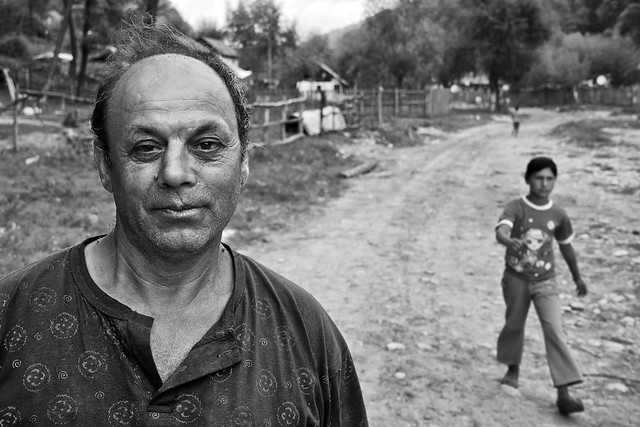
I morgon får jag reda på om mina bilder från Pauleasca i Rumänien är 1 av 50 bidrag som har kvalificerats till nästa etapp av Leica Oskar Barnack Award 2015. Håll gärna tummarna!: http://www.leica-oskar-barnack-award.com/en/
Men oavsett om bildserien går vidare eller inte, är jag nöjd! Ett par miljoner människor har sett bilderna, när de har visats upp i TV i både Sverige och Ryssland. Bilder ur serien har använts i tidningar och magasin i Sverige och snart även i Österrike. Aldrig tidigare har någon av mina bildserier nått en sådan massmedial framgång och för mig är det ett ganska så tydligt bevis på att det fortfarande finns en stor marknad för genomarbetat doumentärfoto. Men framförallt är jag glad över att bilderna fyller sitt syfte och skapar opinion för några av EUs fattigaste medborgare.
Klicka här om du inte kan se bilderna i det ovanstående bildspelet:
https://www.flickr.com/photos/chasid68/sets/72157649562924582/
Text och foto: Mikael Good
Sa o Roma Daje, Sa o Roma Babo

Roma (Gypsies) are the largest and most discriminated minority in Europe. Their level of education is lower than other Europeans. Their health is poorer, their unemployment rate is higher and their life expectancy are shorter than for other Europeans. The history of Roma in Europe is dark and through the ages they have been subjected to racial hatred and outright extermination.
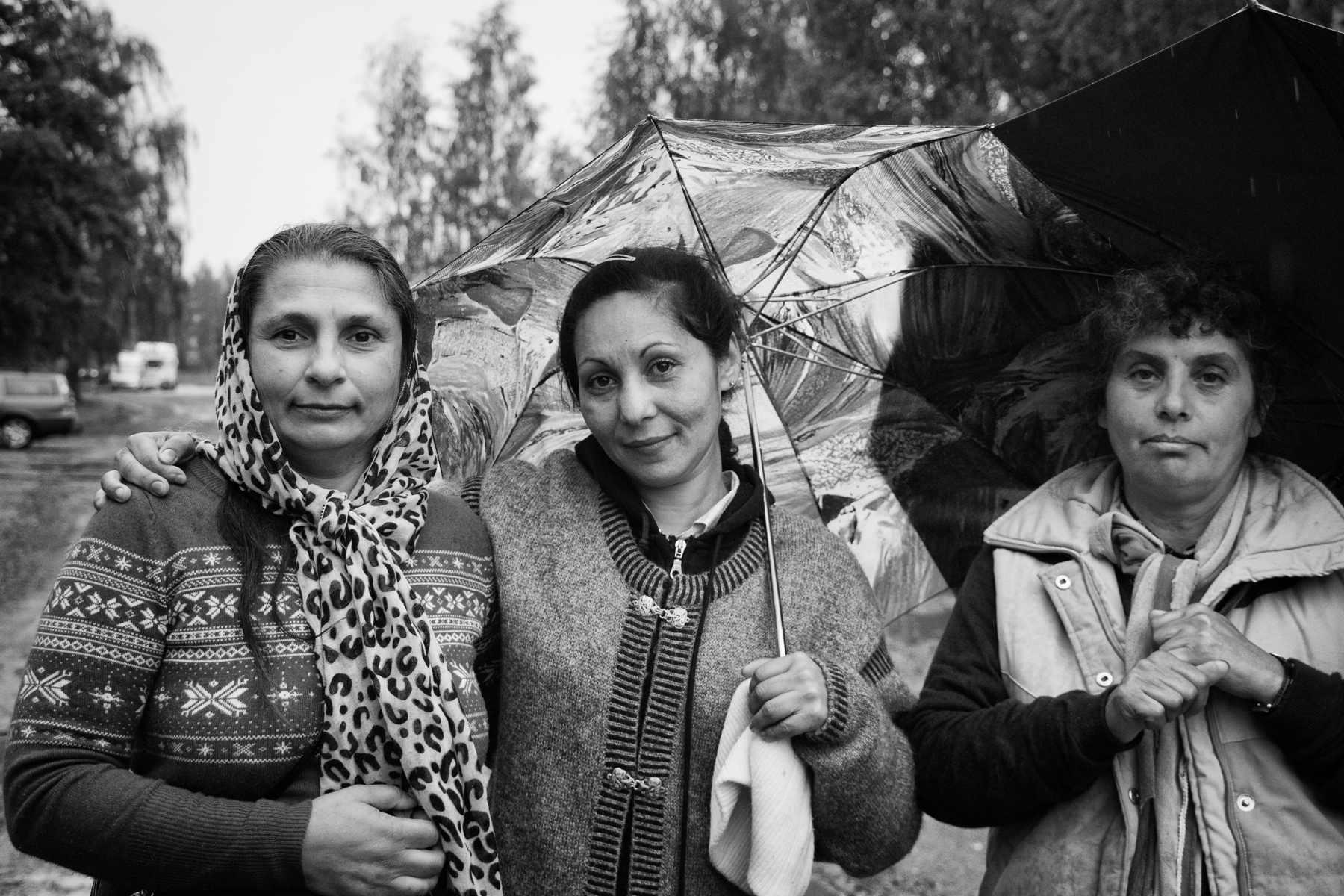
The last two years Sweden and other rich countries in northern Europe has been subjected for a desperate migration from extremely poor Roma people from Bulgaria and Romania. They have no other solution than to go to Sweden hoping to find a work and get money to pay their debts and feed their hungry children. Within the European Union it's allowed for the citizens to stay up to 3 months in another EU country without work and up to 6 months if you have a work. 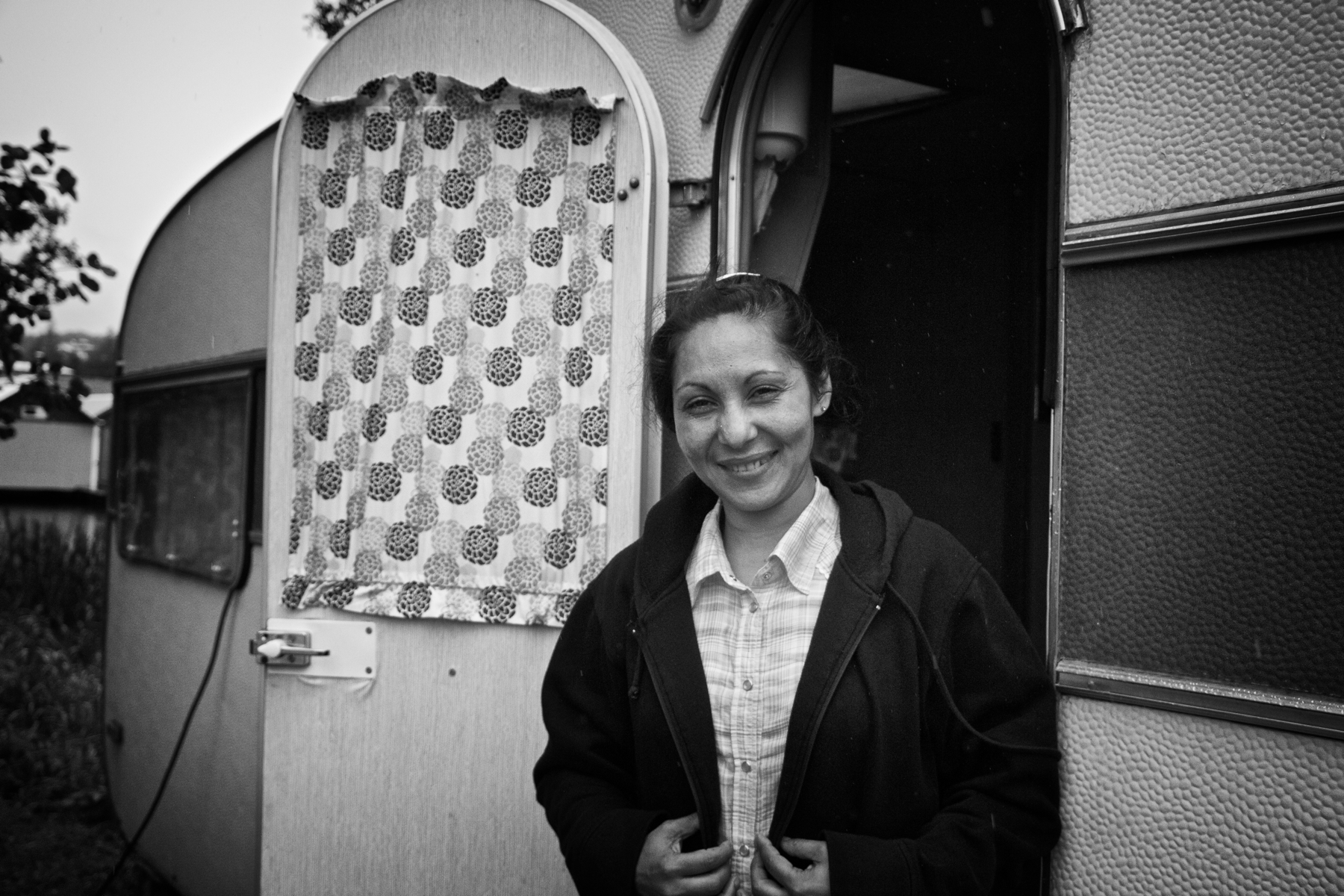
Although Roma people has been subjected to persecution and oppression for generations in Europe, they are a happy people as you can see in the slide-show. Despite all the difficulties they have been through, they are always close to a good laugh. Joy and music welds them together and it has become a way for them to escape from all the hatred and oppression that they are constantly subjected to.
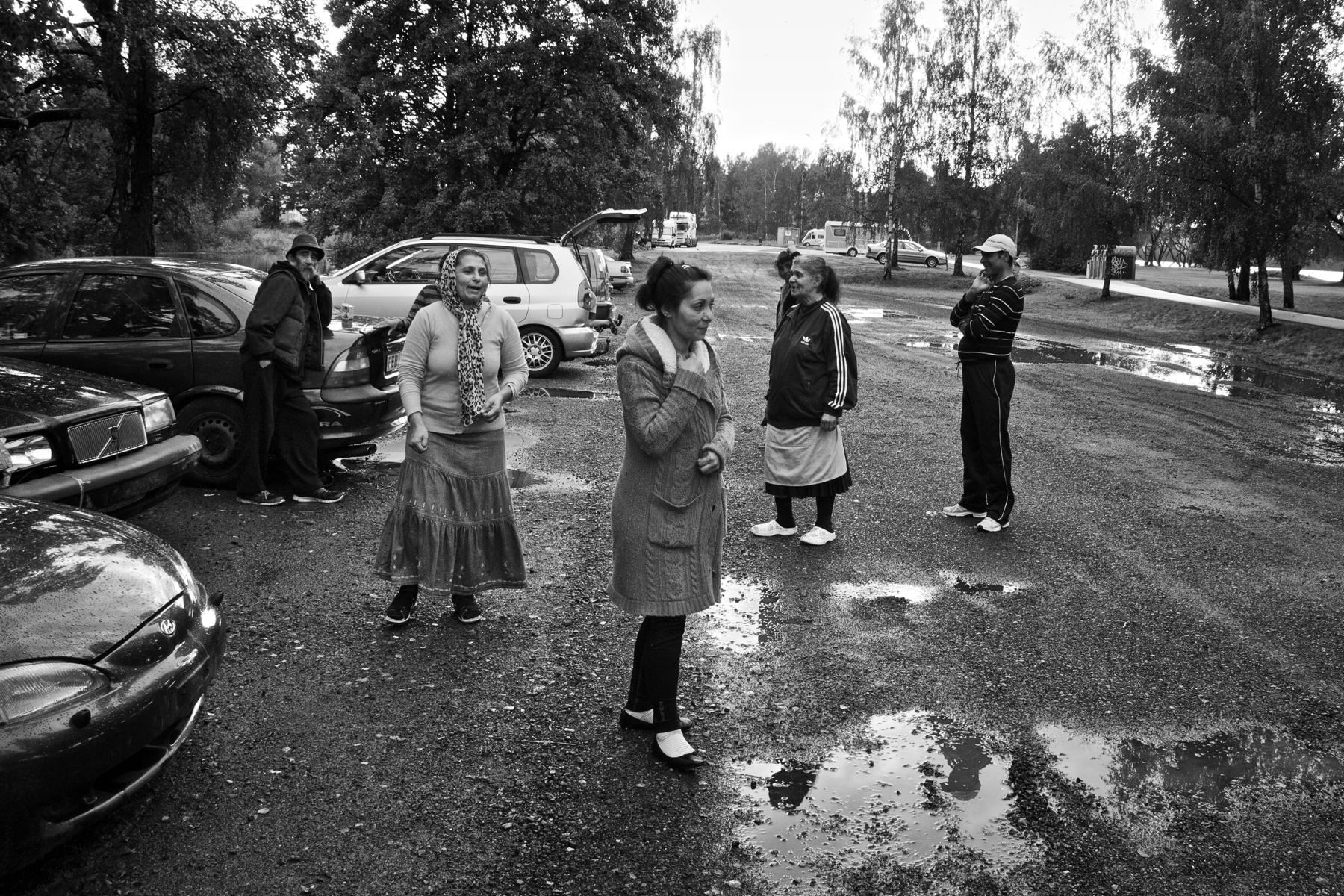
The Roma mothers and fathers in the pictures came to Sweden with the hope of getting work. Most of them did not find any work, and they had to beg on the streets to raise money for themselves and their children back in Romania. I didn't want to photograph them in a vulnerable position when they beg on the streets of my hometown. Therefore I decided to meet them on equal terms in their camp. I wanted to get to know them and build relations with them in order to photograph them at their own terms. If possible I shall visit my newfound friends in their villages in northeast Romania and meet them and their children and grandchildren in their own environment.
Click the following link if you can't see the slideshow on your tablet or smartphone: www.flickr.com/photos/chasid68
Text and Photo: Mikael Good
The colors of photography

"Black and white are the colors of photography. To me they symbolize the alternatives of hope and despair to which mankind is forever subjected". - Robert Frank
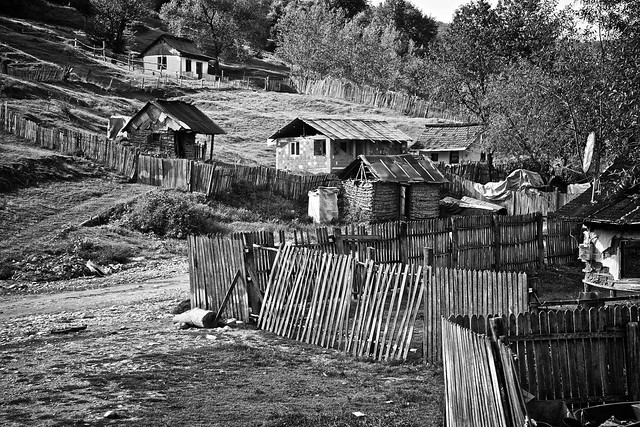
The Village that doesn't exist
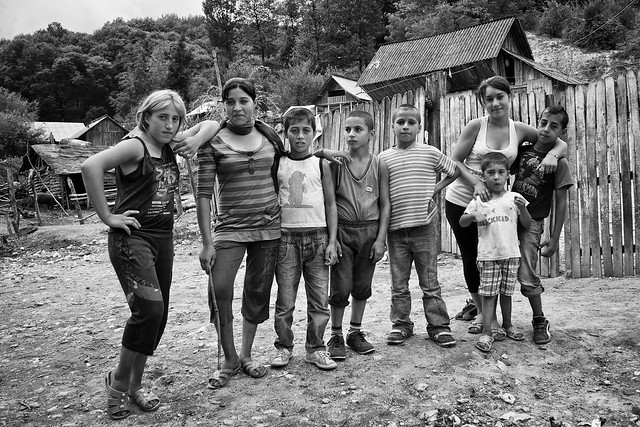
Follow me to three small Romanian villages in the Pauleasca area from where many of the EU migrants that begs on the streets in the Swedish towns Jönköping, Linköping and Stockholm come from. Pauleasca consists of the villages, Troislav, Tinca and Tufanu and about 4000 persons live in the area.
The people in Pauleasca were given land to live on by the communist regime in the late 1940s. But after the Romanian revolution in late 1989 most of the old documents from the communist era wasn't valid anymore and the vast majority of the houses in the area was considered to be illegal settlements. Today Pauleasca doesn't even exist on official Romanian maps. They are not longer allowed to travel on main roads with horse and carriage due to governmental restrictions. They are not longer allowed to pick branches of willow and birch In their nearby woods to make traditional handicraft like baskets and broom that they can sell on the local market. Since 2012 is begging illegal in Romania.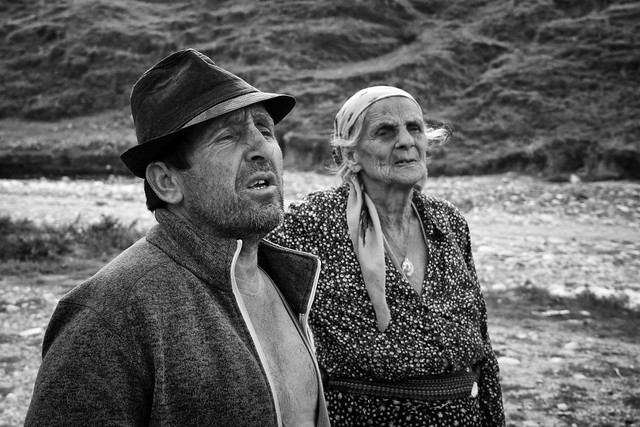
All those new restrictions paired with a unemployment rate of nearly 80 percent has created a desperate job migration to richer countries in the northern parts of the European Union. Most of the rudari and romani that migrate don't find a work and end up begging for money on the streets in their new countries to be able to support their families back home. The migration from areas like Pauleasca is not a cosmopolitan aspiration towards new horizons, it springs from a desperate struggle for survival for a minority that has been subjected for indifference, discrimination, hostility and racism from the state and ethnic romanians for years and years.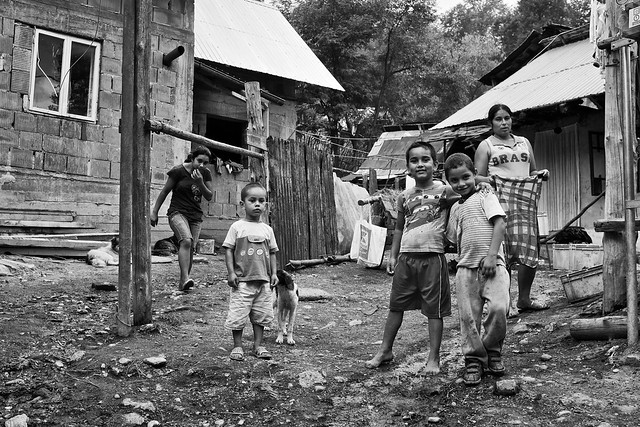
The people in the pictures belong to the rudari minority. Even if they live in Europe their living conditions are down to the same poverty level as people living in third world countries. They have substandard housing. Their life expectancy is 13 years shorter than the average Romanian. They lack running water, proper kitchen, bathroom and toilet. Many of the adults are illiterate but most kids are now in school from grades 1-4. Their food is deficient and many children suffer from malnutrition. Even if the future for the people in the area seems to be painted in dark colours I believe a change is gonna come.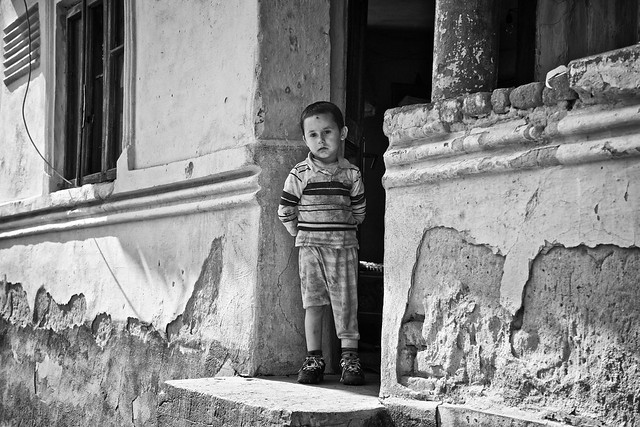
Click the following link if you cant see the Slide-Show on your phone or tablet: www.flickr.com/photos/chasid68/sets/72157649562924582/
Text and Photo: Mikael Good

